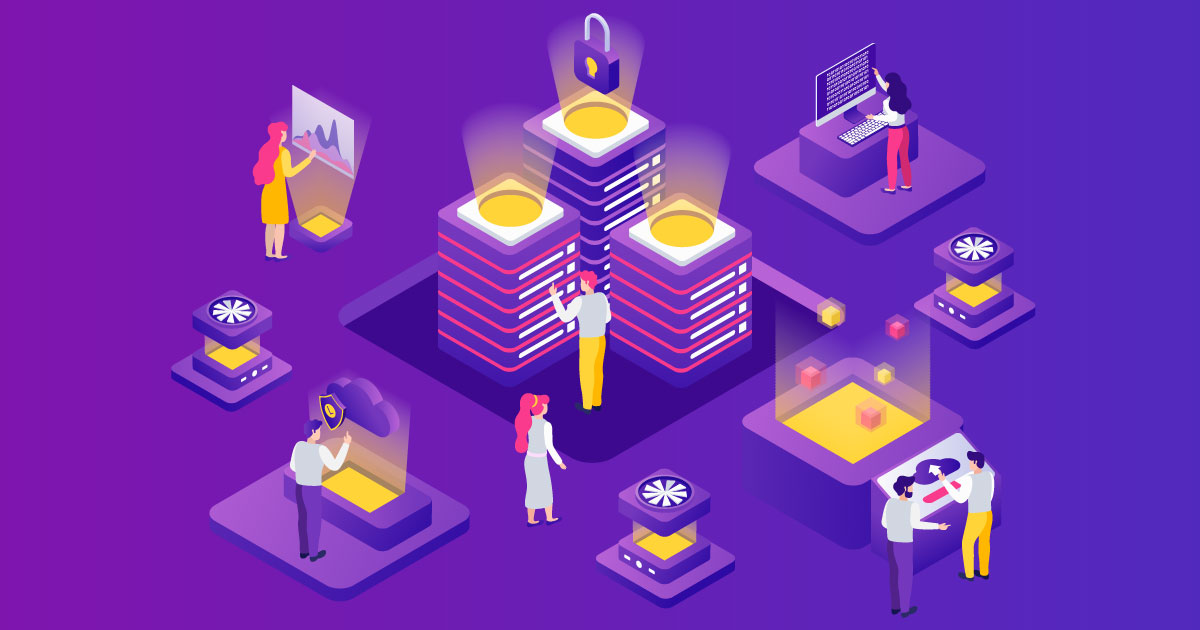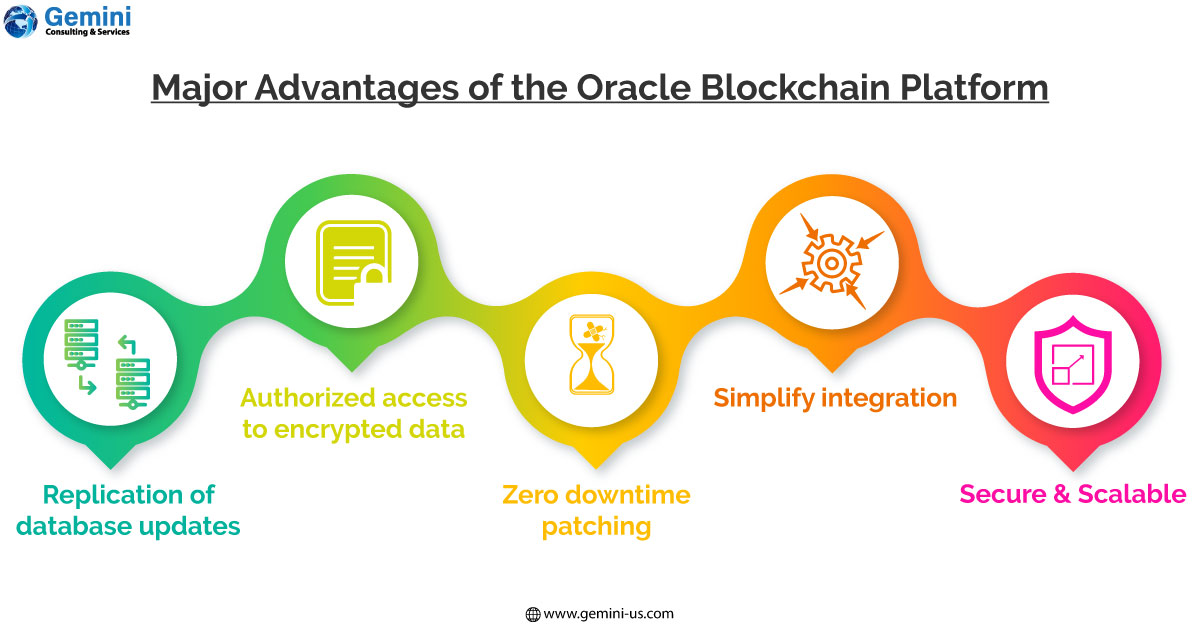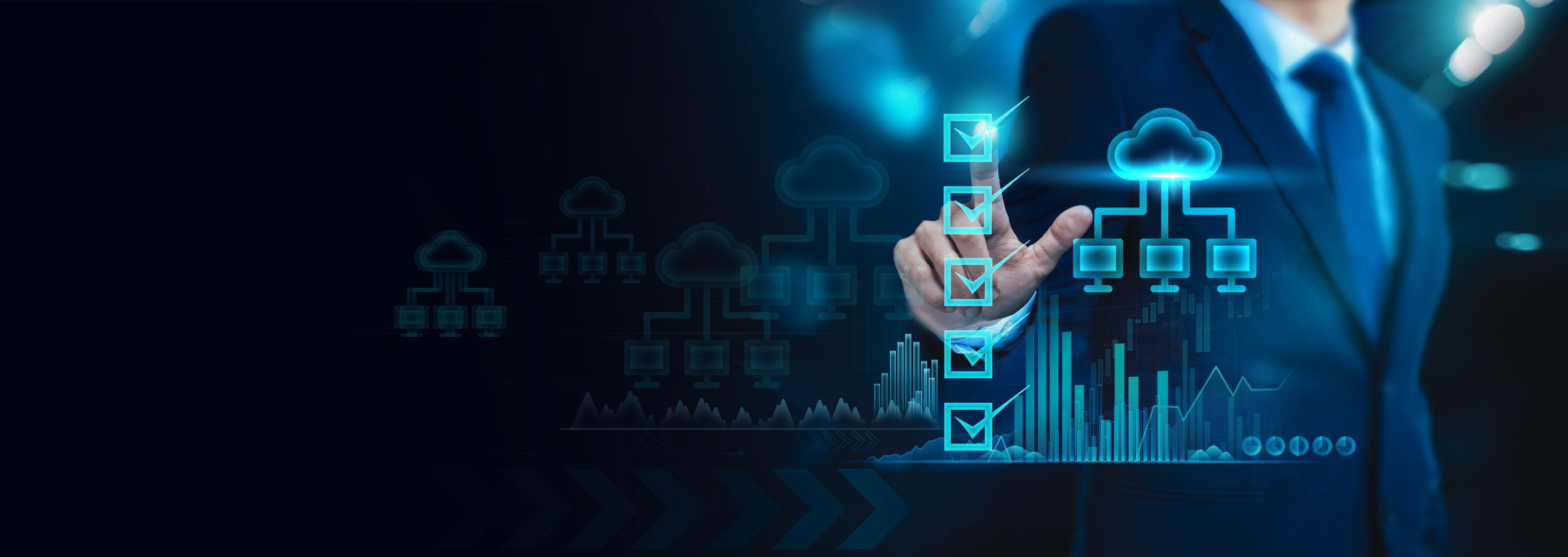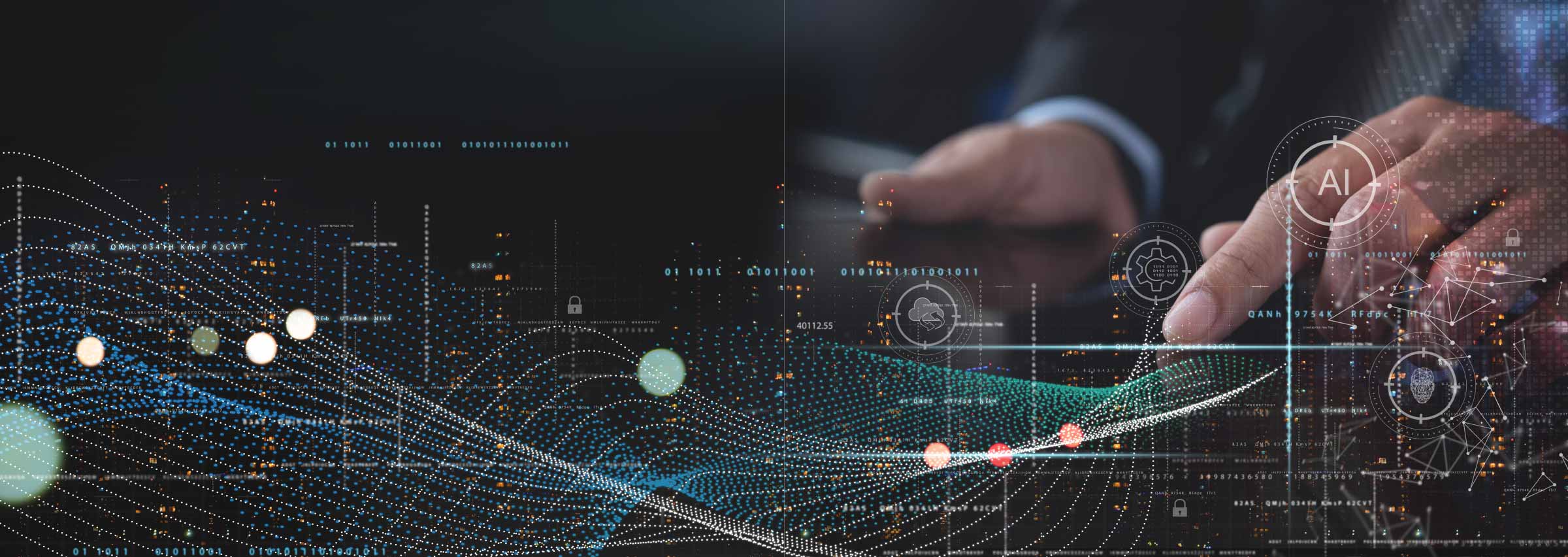Blockchain is the backbone of Web 3.0, the latest Internet technology that leverages Machine Learning (ML) and Artificial Intelligence (AI). As blockchain can deliver hyper-personalized user experience, several businesses are quickly progressing towards building Web 3 applications that process information using decentralized data repositories.
According to Gartner, business revenues from blockchain technology is expected to reach $3.1 trillion in 2030 as against $176 billion in 2025.
Adapting to blockchain will help businesses harness complex technology to quickly modernize, scale or possibly even disrupt their business models. Considering Blockchain as a Service (BaaS) platform is a strategy that can help businesses embrace digital solutions required by a given business vertical and specific market niche in a much more efficient manner.
Blockchain technology helps businesses with one another without any validation required from a third-party verification service. The technology uses a system of distributed architecture where individual computer nodes maintain complete copies of the transaction ledger. Therefore, businesses do not need to rely on a single, centralized database that can easily be hacked or corrupted, instead use this distributed database.
The ledger in a blockchain is continually updated and keeps data in sync across all nodes keeping transactions reconciled. While transactions are transparent to everyone involved, private blockchain networks enabled by Hyperledger Fabric and other enterprise frameworks typically are secure and permitted setups that restrict the participants and limit the nodes agreeing on transaction updates.
Businesses must choose the right platform which is a crucial step to having solutions resulting in a successful implementation of Blockchain technology.
BaaS enables businesses to leverage and simplify the complex world of blockchain. As a result, enterprises can streamline processes and reduce costs. Gemini Consulting & Services can help you integrate blockchain into their operations, and Oracle Blockchain Cloud is on top of such service providers. Contact us to explore Oracle blockchain for your business.

Oracle Blockchain Cloud
The Oracle Blockchain Cloud Service is an enterprise-grade, pre-assembled, open standards-based Blockchain platform using an underlying Linux-based framework called Hyperledger Fabric. This rock-solid BaaS platform is a package that meets all underlying platform and IT governance complexities including security, backup, high availability, decentralization, consolidation of metrics, and monitoring. Oracle’s business-ready blockchain constantly introduces new features to the platform that help users speed up development, integration, and deployment of new blockchain applications. Blockchain technology can streamline many existing processes surrounding the supply chain, identity, cross-border payments, and fraud detection.
Oracle Blockchain Platform helps establish new ways to increase trust in diverse ecosystems and increase the speed, security, and efficiency of a wide range of business processes. The platform offers business-ready Oracle Blockchain Applications Cloud and Oracle Blockchain Platform for developers who need to build or integrate their applications and the same can be integrated with other Oracle cloud technologies, such as Supply Chain Management and Resource Planning. Oracle Blockchain Platform creates enterprise-grade capabilities, accelerating customers’ blockchain journeys and saving their costs to a large extent.
Note the following.
- Oracle provides the PaaS infrastructure necessary to implement a cloud fabric-based blockchain network including cloud computing resources, storage capacity, identity management tools, event streaming capabilities.
- Oracles Identity Cloud service provides a single sign-on and key management tools to control the ledger access.
- There is a centralized web console for configuring and monitoring blockchain operations for admins to set up smart contacts or pieces of code driving business logic. They also can provision and configure blockchain resources and add nodes to a blockchain network, view the network topology, and track the status of network components, access channels, and ledger metrics.
- Oracle blockchain service supports on-demand scalability and high availability, client-side software development kits, and REST APIs for integrating other systems.
- Oracle Blockchain cloud can simplify and speed up the process of building a blockchain environment saving on capital expenditures and long-term maintenance costs.

- All updates in the Oracle database will be replicated across all participants.
- The platform ensures that only authorized participants will be allowed to access encrypted data.
- Oracle Managed services offer zero downtime patching and updates, and it also includes embedded ledgers and configuration backups.
- The feature object store integration automatically replicates backed-up data among Oracle Cloud Infrastructure.
- Oracle Cloud Infrastructure incorporates infrastructure dependencies such as managed containers, virtual machines, identity management, and object storage).
- Fabric APIs using REST for simpler transaction integration are actively supported thereby simplifying integration and simulating changes in the application as per the transaction flow.
- Its plug-and-play enterprise adapters integrate Oracle SaaS, Paas, and other applications or business processes to streamline data exchange easily. It also provides a better web user interface that helps automate administration tasks like adding organizations to a network or ledger browsing, etc.
- The Oracle Berkeley Database provides SQL-based rich query support and validates query results at committed periods thus maintaining ledger integrity.
- The integrated history database allows private data collection to an autonomous database on blockchain translation history supporting standard and blockchain tables.
- Oracle Blockchain Cloud is designed to be a secure, and scalable platform for easy recovery of network components for all business-critical enterprise applications.



